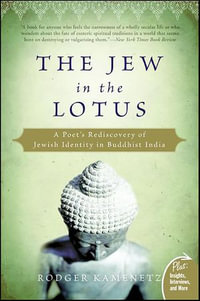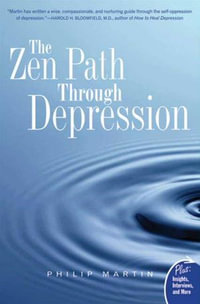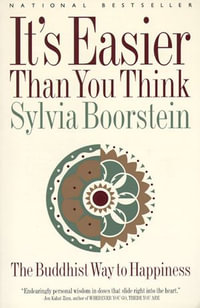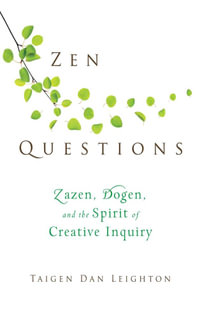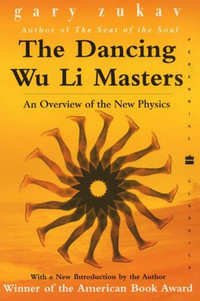Booktopia has been placed into Voluntary Administration. Orders have been temporarily suspended, whilst the process for the recapitalisation of Booktopia and/or sale of its business is completed, following which services may be re-established. All enquiries from creditors, including customers with outstanding gift cards and orders and placed prior to 3 July 2024, please visit https://www.mcgrathnicol.com/creditors/booktopia-group/

Three Streams
Confucian Reflections on Learning and the Moral Heart-Mind in China, Korea, and Japan
eBook | 27 October 2016
At a Glance
eBook
RRP $190.72
$171.99
10%OFF
or
Instant Digital Delivery to your Booktopia Reader App
ISBN: 9780190629472
ISBN-10: 0190629479
Published: 27th October 2016
Format: ePUB
Language: English
Publisher: Oxford University Press
You Can Find This eBook In
This product is categorised by
- Non-FictionPhilosophyNon-Western PhilosophyOriental & Indian Philosophy
- Non-FictionReligion & BeliefsReligionPhilosophy of Religion
- Non-FictionReligion & BeliefsOther Non-Christian ReligionsOriental ReligionsConfucianism
- Non-FictionReligion & BeliefsReligionHistory of Religion
- Non-FictionPhilosophyHistory of Western Philosophy


